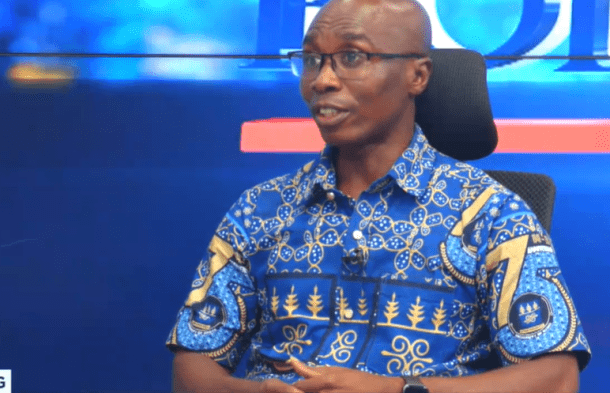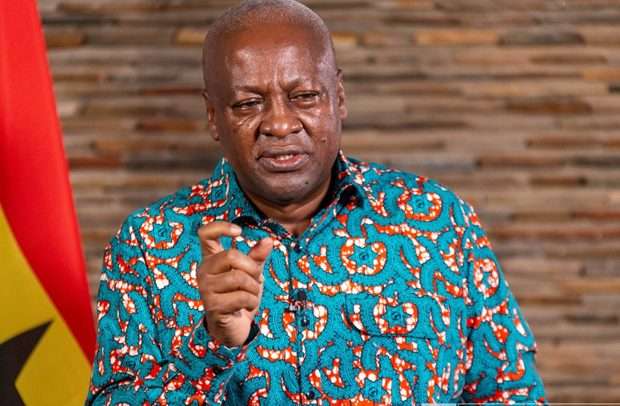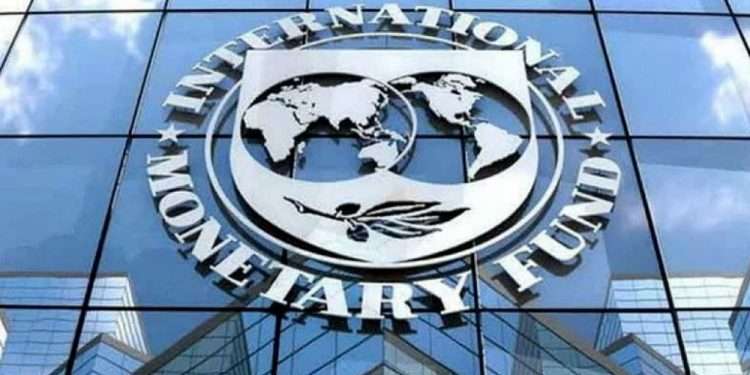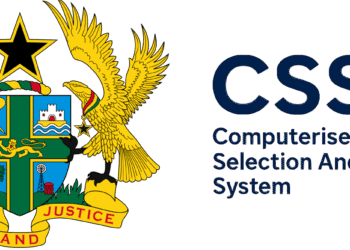Prof. Patrick Asuming, an economist, has suggested that Ghana may have no choice but to extend its current program with the International Monetary Fund (IMF).
His assertion follows President John Mahama’s dismissal of any immediate plans to extend the current IMF agreement.
According to Prof. Asuming, while the government may not publicly admit it now, the country’s economic realities indicate that an extension could be unavoidable.
“Well, I think from his point of view, that’s what he has to communicate. You have to remember that we are just over halfway through the program.
“And therefore, you know, when we are just about halfway, it’s probably not a very good strategy to say we are going to seek an extension.”
Prof. Patrick Asuming
Prof. Asuming further argued that despite the IMF’s positive assessment of Ghana’s program performance, the restructuring of the country’s debt suggests that an extension might be necessary.
He pointed out that Ghana’s debt obligations, particularly those due from 2026, would pose a significant challenge given the slow progress in economic recovery.

“In the first one and a half years, I don’t think we did enough to put ourselves in a position to comfortably resume the debt servicing in full. And the current government has just about one and a half years to do that. I don’t think it will be enough.”
Prof. Patrick Asuming
He also emphasized the importance of structural and governance reforms, stating that the lack of significant progress in these areas could lead to economic setbacks similar to previous IMF programs.
“We were in a hurry to exit the program. And not long after we exited, our problems came back,” he recalled, referencing past experiences with the IMF.
Tax Rationalization Over New Taxes
Moreover, Prof. Patrick Asuming endorsed President Mahama’s proposal for tax rationalization, emphasizing the need to broaden the tax base and enhance collection efficiency instead of imposing new taxes, particularly while the country remains under an IMF program.
He criticized previous strategies that focused on imposing multiple new taxes, arguing that such measures were counterproductive.

“In that, the previous government focused too much on generating new revenue in a very strange way by imposing new taxes.
“And when he speaks about tax rationalization, my interpretation is that we need to expand the base and improve the collection and then overall tax administration.”
Prof. Patrick Asuming
He further added that the effectiveness of tax rationalization could only be assessed when the national budget is ready.
“So I think that’s an important part. Obviously, when the budget is ready, we begin to see a lot more details about what this rationalization is,” he said.
The economist also acknowledged President Mahama’s commitment to reducing the number of ministers, stating that it remains to be seen if other government appointments will also be reduced.

Accordingly, he welcomed measures to cut spending on official travel, arguing that such reductions could generate savings and shift focus away from excessive revenue generation through taxes.
“And we’ve also heard him saying they are going to do something to reduce expenses on traveling, official travel. So all of those might bring some small savings, and that gives room for you to change the emphasis.”
Prof. Patrick Asuming
Regarding taxation, Prof. Asuming firmly supported the elimination of the Electronic Levy (E-levy), considering it one of the most detrimental tax policies ever implemented in Ghana.
He argued that taxing a payment method was entirely inappropriate and unjustifiable.
However, he supported retaining the betting tax, citing concerns about its social implications rather than revenue generation.
“But seriously, I think, you know, for me, my issue with the betting tax is not really from revenue consideration. I think we have to begin to look broadly as, you know, whether we do want a lot of young people to be taken hold by betting.”
Prof. Patrick Asuming
Additionally, he suggested that the emissions levy and COVID-19 levy be reconsidered, stating that their removal would depend on how much revenue the tax rationalization measures generate.
The Sinking Fund Debate
Furthermore, Prof. Patrick Asuming addressed President Mahama’s proposal to establish a sinking fund, raising concerns about whether allocating resources to such a fund was appropriate at this time.
He pointed out that while a sinking fund can be useful during periods of economic stability, Ghana’s current financial challenges necessitate prioritizing debt repayment over setting aside funds for future economic shocks.

“So why should you even put the money in the investment fund when we should rather be using it to pay off the debt? So that when times are better, then you start putting more into the investment fund.”
Prof. Patrick Asuming
Prof. Asuming maintained that reactivating the sinking fund should be considered when the economy becomes more resilient and able to withstand external shocks.
As Ghana moves forward with its IMF program, the debate over an extension, tax policies, and government spending cuts will continue to shape discussions on economic recovery.
Prof. Asuming’s insights highlight the difficult choices facing the government as it navigates debt obligations and fiscal policies to ensure long-term stability.
READ ALSO: Kemi Badenoch Sparks Backlash Over Diversity Policies Speech



















